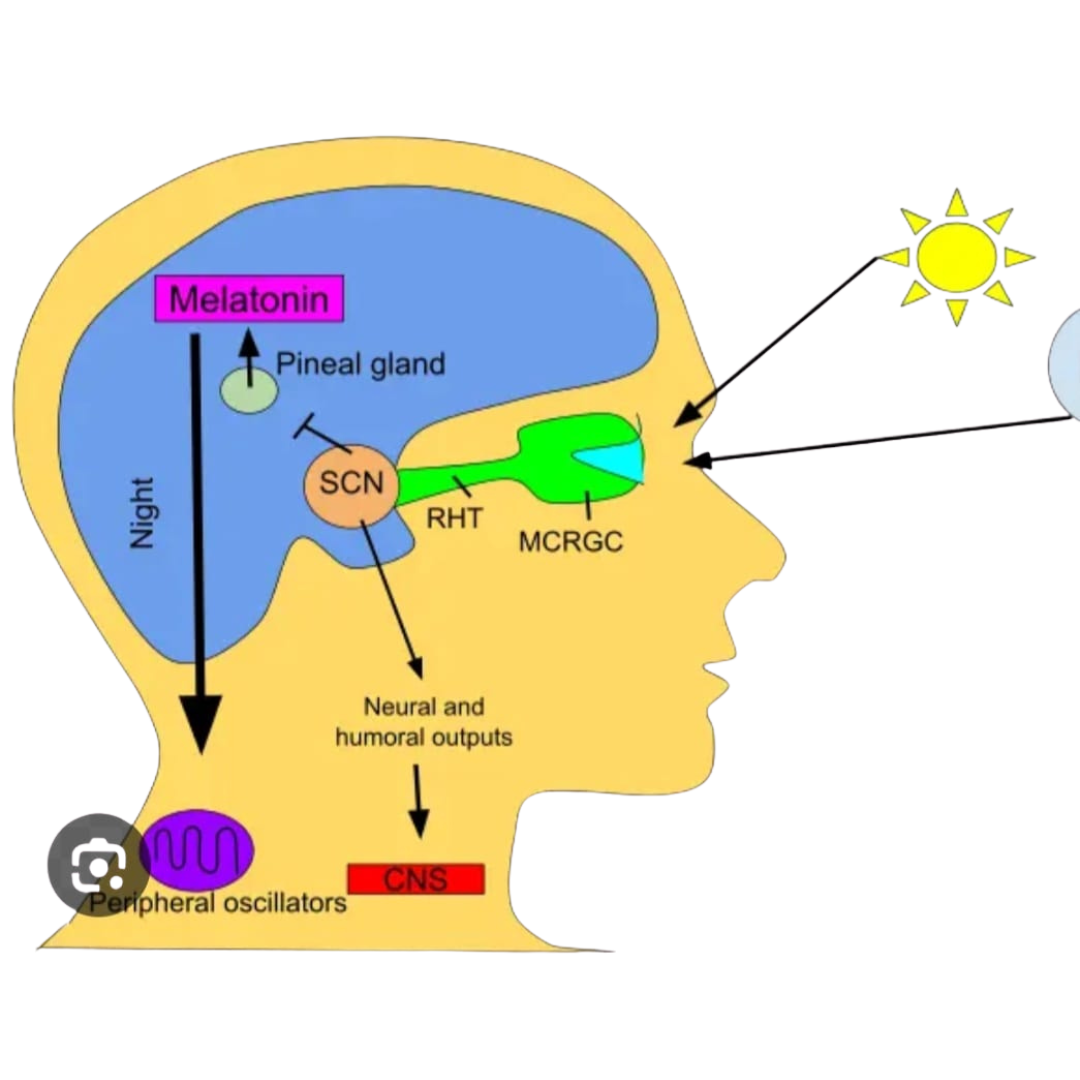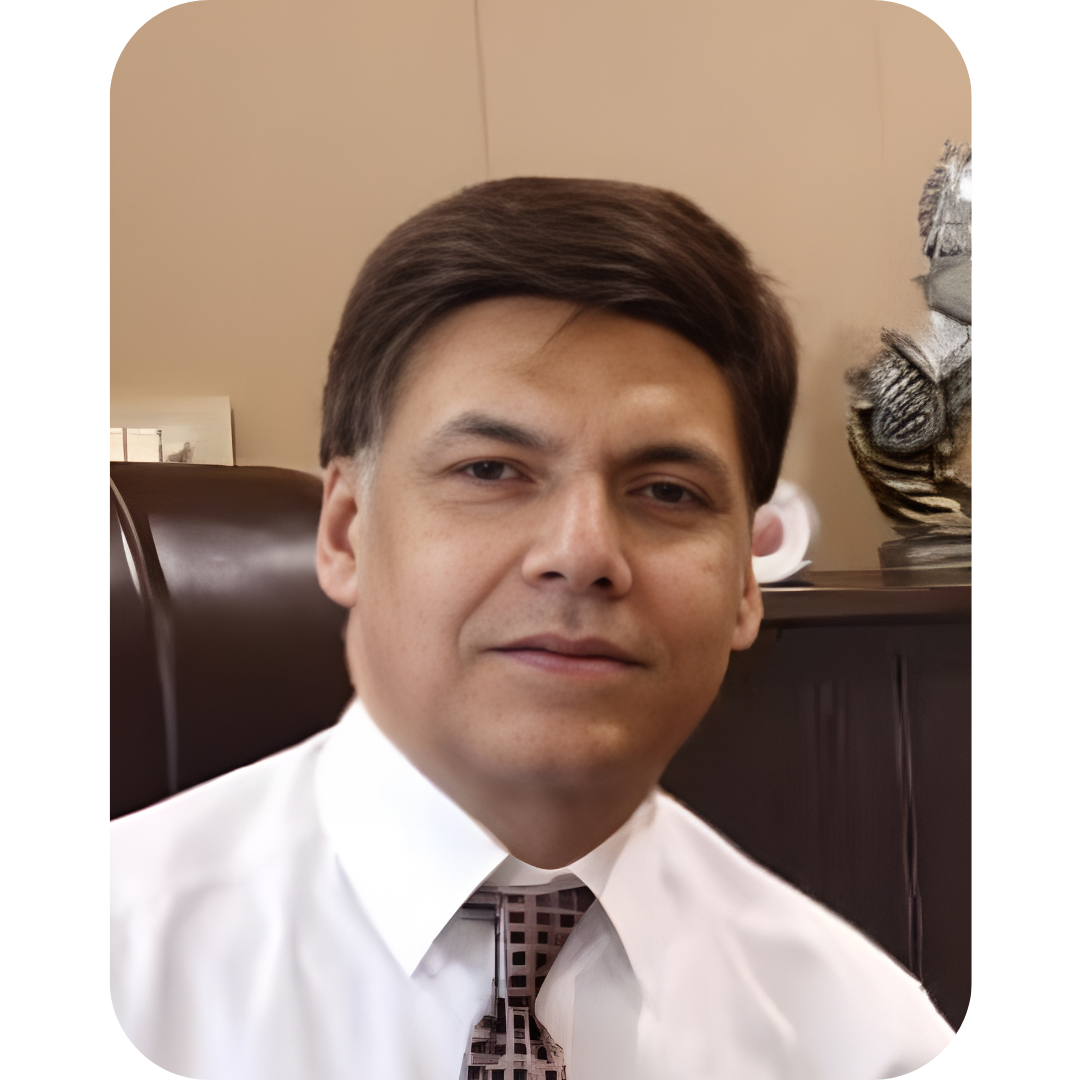What Does Your Sleep Say About Your Mind and Body? A Physician’s Reflection on Rest, Restoration, and the Inner Signals of Sleep

In all my years of clinical practice, I’ve found one silent truth to be repeated again and again:
How a person sleeps often says more about their health than any lab test.
Sleep is not just a break from the day. It is a mirror — a diagnostic tool, a healing process, and sometimes, even a warning bell. When a patient says, “Doctor, I’m not sleeping well,” I don’t just hear a complaint. I hear a signal — from the brain, the body, or the soul.
We are trained to check the pulse, the pressure, the sugar levels. But I’ve learned to ask a simple, human question:
“How are your nights?”
Because the nights tell the truth the days hide.
Sleep is a Report Card — of the Day, the Mind, and the Body
A healthy body naturally invites restful sleep. A peaceful mind welcomes stillness at night.
But when something is off — physically or emotionally — sleep becomes disturbed, delayed, shortened, or broken.
I've seen it again and again:
• A patient with untreated acidity wakes up at 3 a.m., night after night.
• A man burdened with guilt can’t fall asleep despite exhaustion.
• A woman in quiet depression wakes up too early — not by choice, but by inner unrest.
• A young student starts grinding teeth due to suppressed anxiety.
These are not coincidences. These are messages.
What Does Your Sleep Pattern Reveal?
Let me share a simple clinical guide from my own observations:
Sleep Pattern 1
Trouble falling asleep
Possible Message: Anxiety, racing thoughts, adrenal imbalance
Sleep pattern 2
Frequent night waking
Possible Message: Stress overload, blood sugar instability, unresolved worry
Sleep Pattern 3
Early morning waking
Possible Message: Depression, unresolved grief, liver overload
Sleep Pattern 4
Nightmares or vivid dreams
Possible Message: Emotional conflict, past trauma surfacing
Sleep Pattern 5
Snoring / apnea symptoms
Possible Message: Obesity, airway blockage, cardiac risk
Sleep Pattern 6
Teeth grinding (bruxism)
Possible Message: Nervous tension, suppressed aggression
When I hear these patterns, I don’t rush to prescribe sedatives. I look for the root disturbance — hormonal, psychological, spiritual, or digestive.
Healing Happens at Night — But Only If Sleep Is Deep
Most people don’t realize:
• Your liver detoxes between 1–3 a.m.
• Your brain flushes toxins during deep non-REM sleep
• Your immune system resets, and
• Your emotions are processed during REM (dream) sleep
So when sleep is disturbed, the body doesn’t just feel tired — it becomes vulnerable.
A patient may have “normal labs,” but if their sleep is broken, I take their symptoms seriously.
From a Mind Perspective
Your mind doesn’t “shut off” at night. It speaks differently.
It speaks in symbols, silence, tension, and dreams.
Some of the most sensitive, responsible, caring patients suffer from restless sleep, not because they’re unhealthy, but because they carry the weight of others — silently, and often unconsciously.
As a physician, I remind them:
You’re allowed to sleep. You don’t have to solve everything today.
Spiritual Insight: The Soul at Rest
In Sufi thought — and across many spiritual traditions — sleep is considered the cousin of death.
In that moment of surrender, the soul rises, reflects, sometimes receives.
Many saints, thinkers, and healers found answers in dreams — not because they were magical, but because they were finally quiet enough to listen.
Even the Qur’an refers to sleep as a sign among signs — a divine mercy.
So when someone tells me, “Doctor, I haven’t slept peacefully in weeks,”
I ask not only for symptoms, but for sorrows.
Because the spirit speaks in the language of rest.
Tips I Often Give My Patients
As a physician who believes in both evidence and empathy, here are simple suggestions that work more often than not:
• Cut screens 1 hour before bed — The blue light delays melatonin.
• Warm feet, cool room — Promotes faster sleep onset.
• No caffeine after 4 p.m. — Even tea counts.
• A short walk after dinner — Helps digestion and nervous system reset.
• Breathing before bed — Inhale for 4, hold for 4, exhale for 6. Repeat 5×.
• Gratitude journal — Write 3 things you’re thankful for. It clears mental clutter.
• No news at night — The world can wait. Your nervous system cannot.
When someone tells you they can’t sleep — don’t dismiss it. Listen.
The body talks at night when the world becomes quiet.
Poor sleep is not a weakness. It’s not laziness. It is often a symptom — of something deeper.
Let’s not just sedate it. Let’s understand it.
Because real healing happens not just in hospitals — but often, in the sacred stillness of a peaceful night.
By Dr. Mohammed Tanweer Khan
A Proactive/Holistic Physician
Founder of WithinTheBody.com
